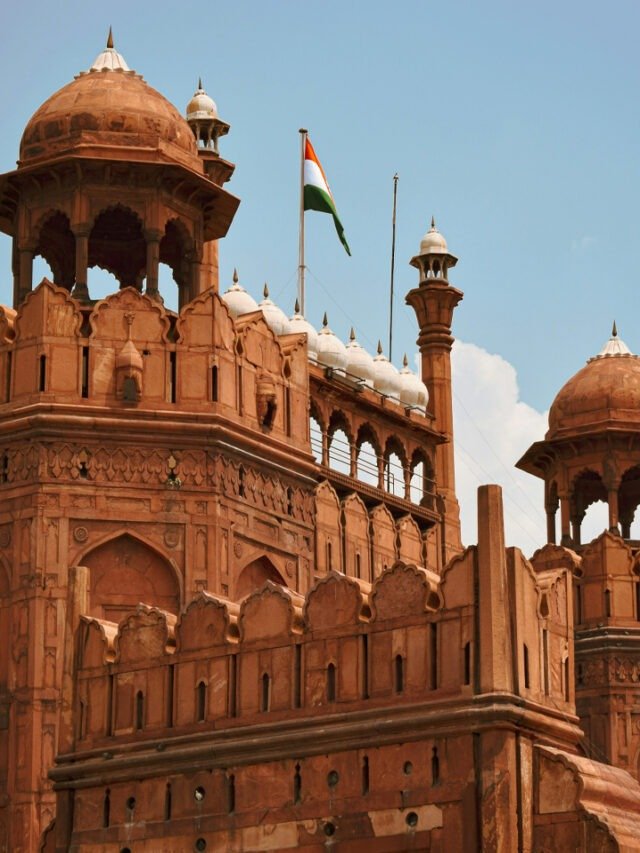The recent brutal rape and murder of a trainee doctor at RG Kar Medical College and Hospital in Kolkata has sent shockwaves across the nation, exposing the glaring security lapses in our healthcare institutions. This incident has not only shaken the trust of patients and their families but has also left the medical community, particularly women doctors, in a state of deep fear and insecurity. The urgent need to address these issues cannot be overstated, as doctors across India are now demanding that their safety be prioritized. In the wake of this tragedy, the Federation of Resident Doctors’ Association (FORDA) has called for an indefinite strike, which has seen participation from doctors in government hospitals across several states. Their demands are simple: justice for the victim and the implementation of stringent security protocols to protect healthcare workers. The response from the Union Ministry of Health, however, has been disappointingly inadequate. Despite meetings between FORDA representatives and ministry officials, no substantial progress has been made.
The allegation that the college administration attempted a cover-up following the discovery of the victim’s body only deepens the gravity of the situation. The arrest of a “civic volunteer,” who reportedly had a dubious background and was allegedly involved in speeding up patient admissions for money, raises serious questions about the vetting process for individuals allowed to work in such sensitive environments. The accused, stationed at the hospital’s police outpost, had access to all departments and was caught on CCTV entering the building where the victim was later found dead. This alone should have prompted immediate and decisive action from the authorities, yet the investigation appears to be mired in bureaucratic inefficiencies. West Bengal Chief Minister Mamata Banerjee has given Kolkata police until August 18 to solve the case, threatening to hand it over to the Central Bureau of Investigation (CBI) if they fail to make significant progress. However, allegations of a cover-up and efforts to destroy evidence before the case is handed over to the CBI continue to surface, further eroding public trust.
The strike has severely impacted medical services, particularly in Kolkata, where the incident occurred. OPDs and non-emergency surgeries have been halted, and the ripple effects are being felt in government hospitals across the country. The Indian Medical Association (IMA) has issued a 48-hour ultimatum to the central and state governments, demanding that hospitals be declared safe zones and that a central law on violence against healthcare workers be enacted. The IMA’s call for a thorough investigation into the incident, as well as a review of the conditions that enabled such a heinous crime, is both necessary and overdue. The association has also highlighted the dire conditions in public health centres in remote areas, where security is virtually non-existent. The need to resurrect the Healthcare Service Personnel and Clinical Establishments Bill, 2019, which was shelved after public consultation, has never been more pressing. This incident has cast a harsh light on the widespread security failures within India’s government hospitals. It is imperative that both the central and state governments take immediate action to address these issues, restore public confidence, and ensure that no doctor or healthcare worker ever has to fear for their safety while performing their duties. The clock is ticking, and the nation is watching.














